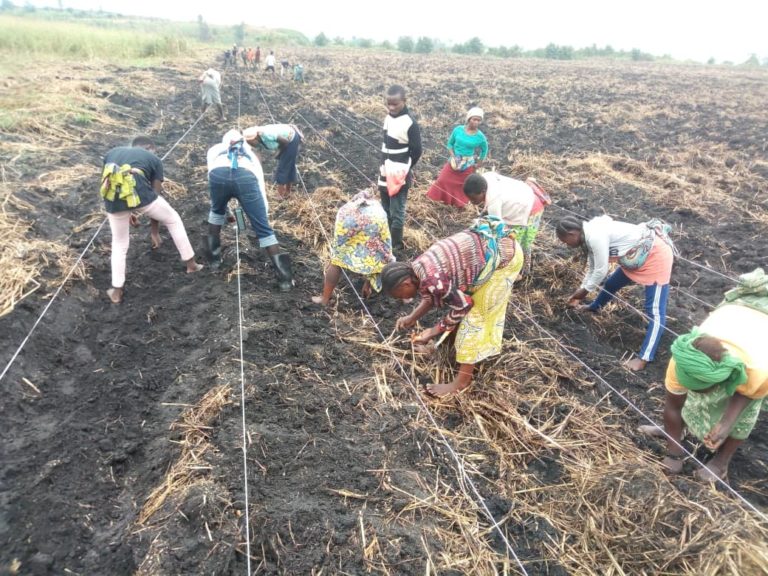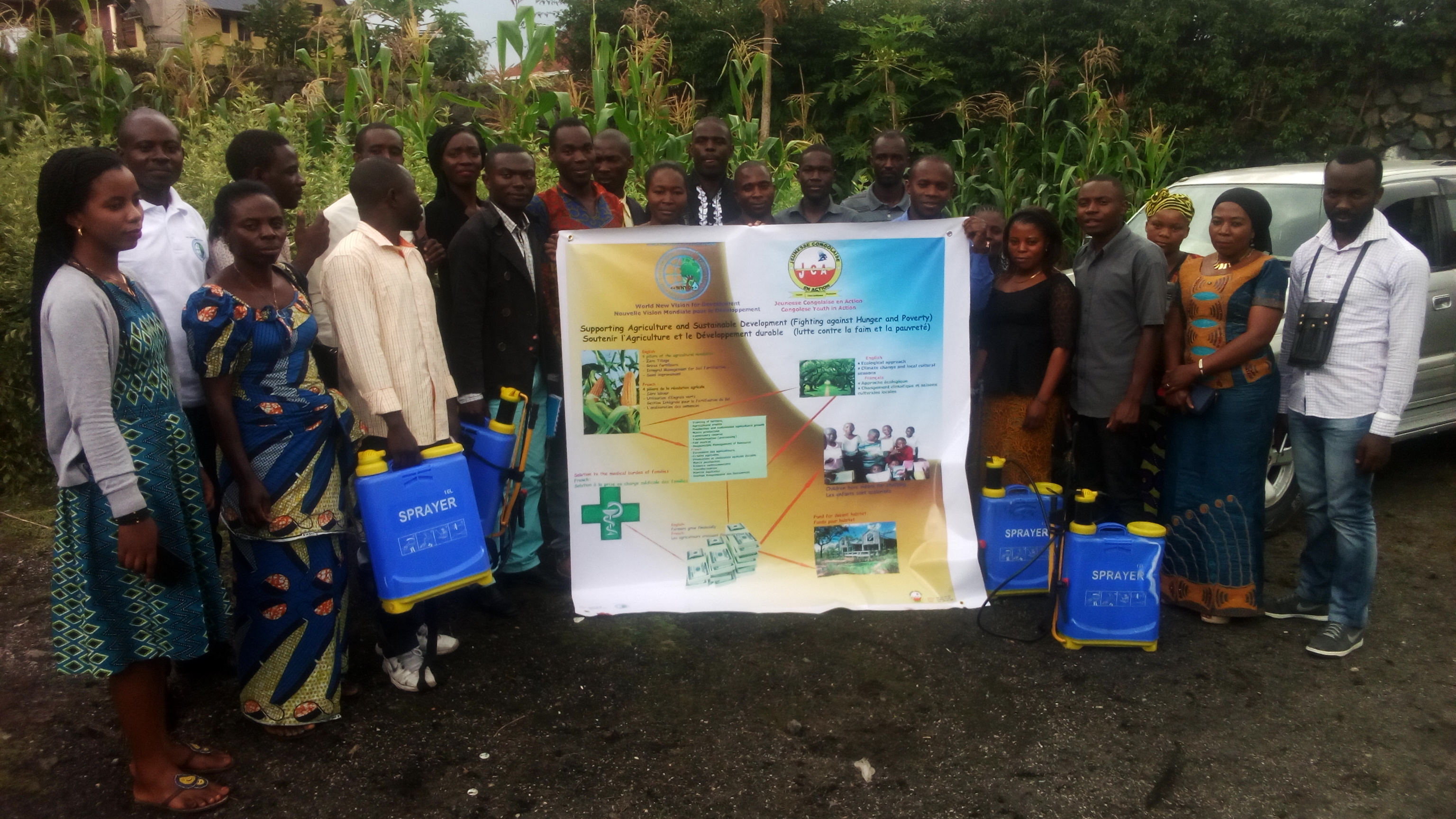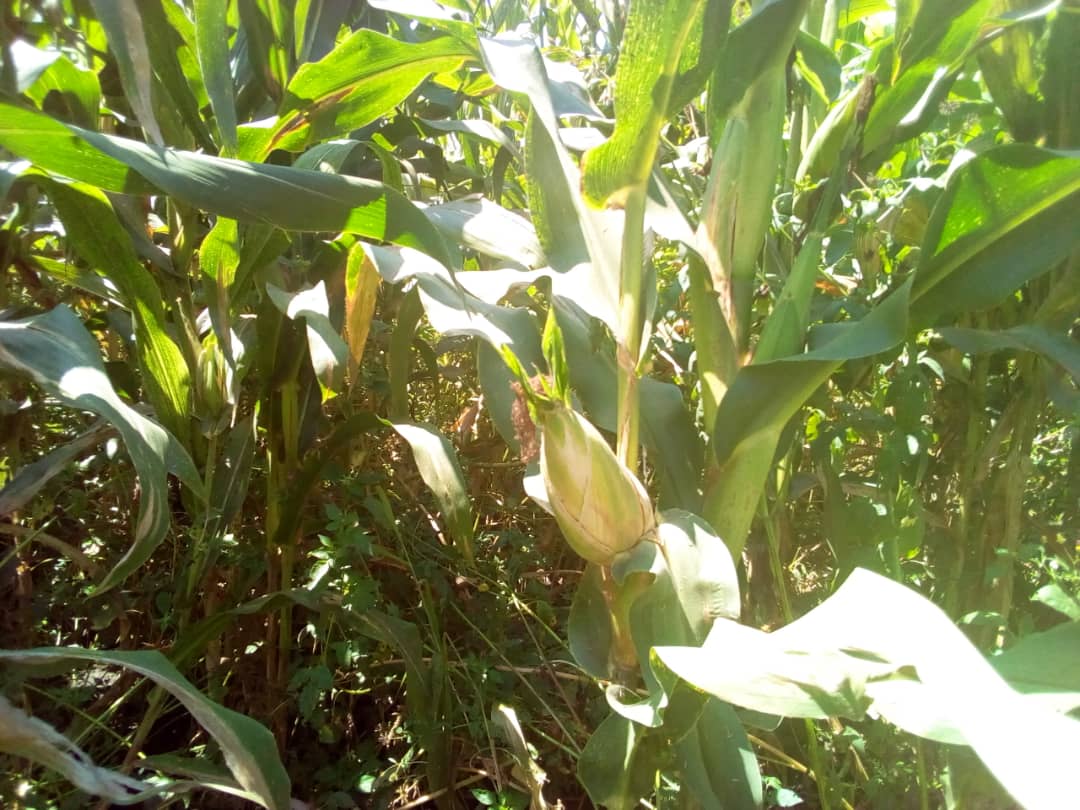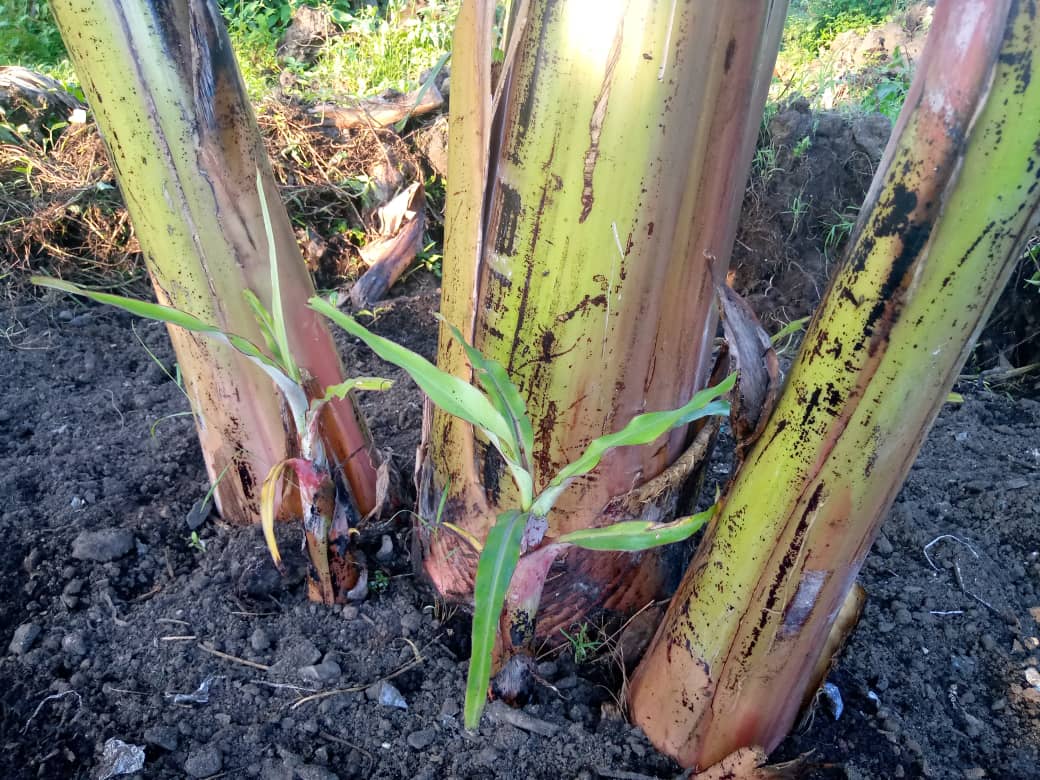Agriculture and peasant development
All the necessary efforts have been made and effective decisions have had to circulate to help the farming communities get out of poverty, but the indicators show that many African communities still survive from hunger. However, this requires a new intervention required to strengthen the fight against this scourge. A new vision should emerge that would support the efforts already achieved by the major players to eliminate hunger and misery in order to contribute to this goal of sustainable development. But, what is the role of World New Vision for Development in this fight? What kind of intervention is urgent for a long-lasting solution? To make a significant contribution to the achievement of this goal, WNVD has developed an innovative plan focused on the “land revolution” or “revolution of the agricultural sector”, in order to allow Congolese communities to fully enjoy access to Sustainable livelihoods, economic growth and, in particular, adequate food. The only way for WNVD to empower communities is to promote local resources that are particularly agricultural ones. What is agriculture and what can we expect from this sector for the economic growth of poor communities? Its undeniable that agriculture and macro-production are the main means of combating hunger and the best development opportunities for the industrial sector. According to World New Vision for Development; Macro production cannot be achieved until a large-scale land use or exploitation strategy is in place. Nevertheless, with the old practices, it was not yet possible to overcome a standard enumeration of the consequences and challenges that hindered the idea of progress in the agriculture sector: very tiring, less profitable and unfortunately with a high consumption of inputs as well as the depreciation of human strength. To find a solution, WNVD subscribed to the “Zero Labor Program” to promote new farming techniques. The Zero Labor program allows over-production and socio-economic growth of farmers without tiredness, with a palliative solution to the consequences of ancient agricultural practices. Its principle is the exploitation of the hectares and thus, to give the farmers and the rural populations the hope of a decent life with agriculture. As a humanitarian development organization, our role is to help communities maximize opportunities for overproduction and access to fair market to enable them to effectively meet their needs through agricultural resources. Even voluntarily, we should just start organizing cross-community trainings on the project and guide them in the possibilities of access to inputs. But, what are the major challenges that communities can continue to face with this “land revolution” program? As with the rest of the world, climate change and the fight against acid rain remain issues of concern. Despite this, each day and night give us new dreams about these challenges and we hope that in the future we will have a new curriculum on these challenges. Overall, we believe in what our colleagues are realizing around the world and we will always be inspired by them to innovate. “WNVD, created for major and sustainable solutions to the major problems of communities”




